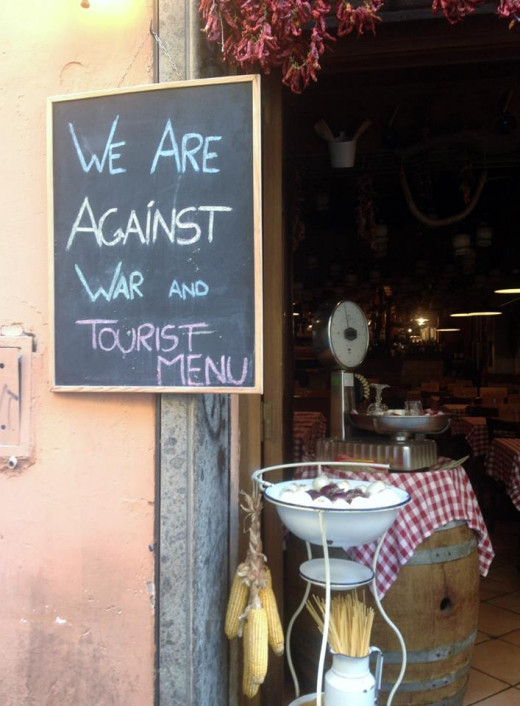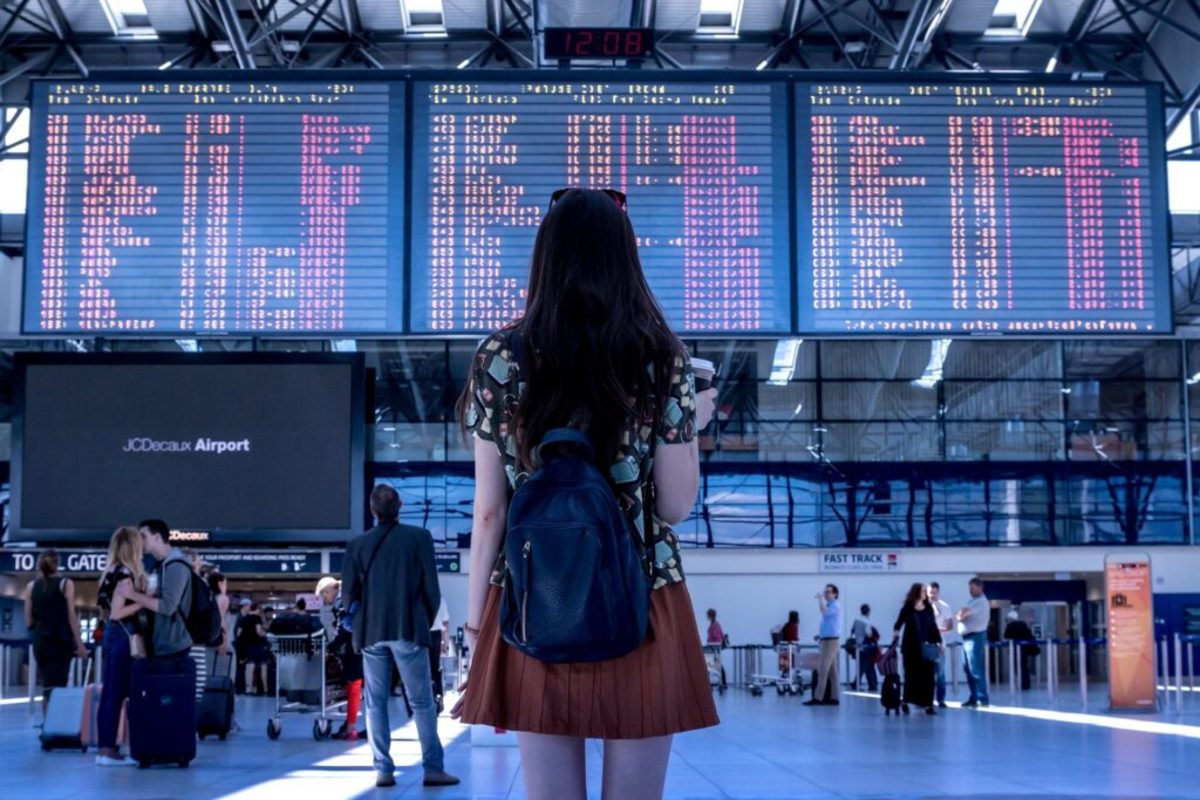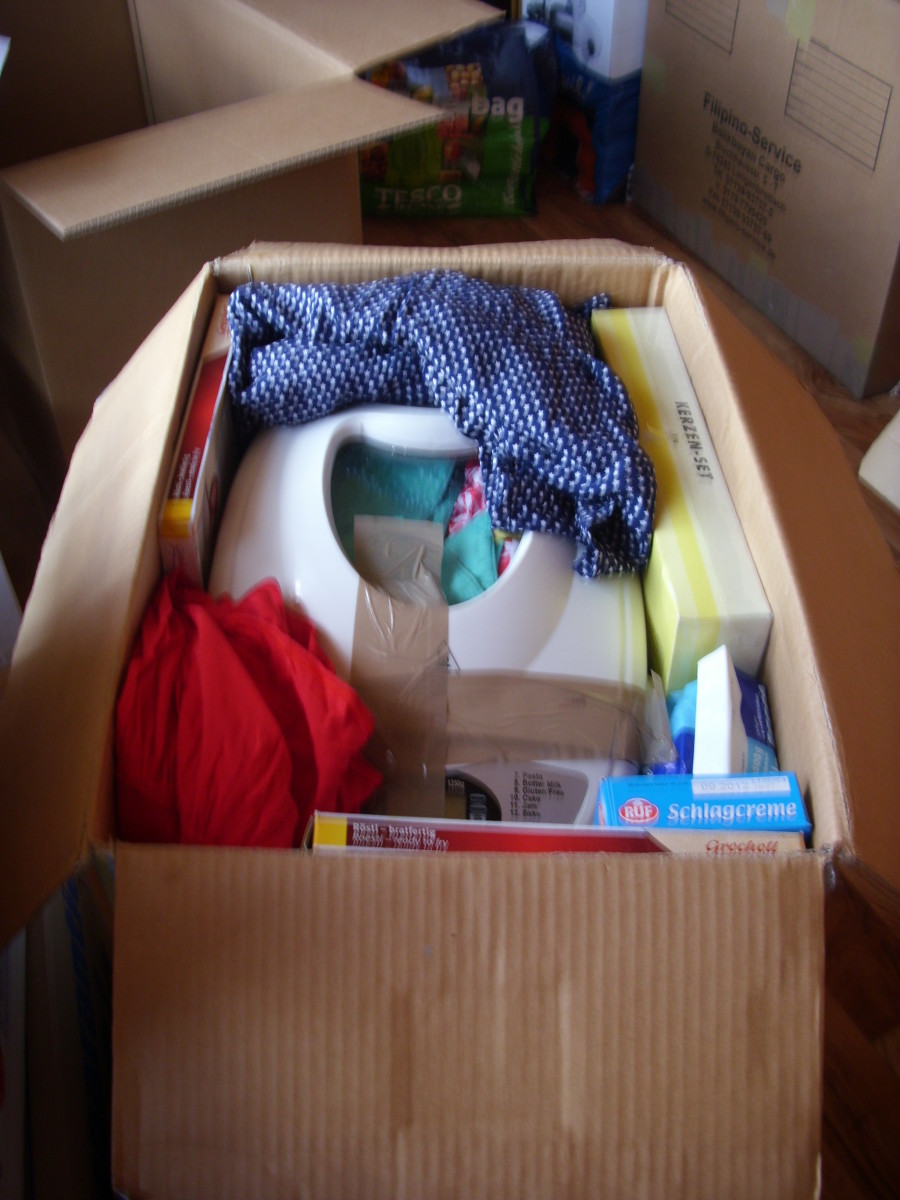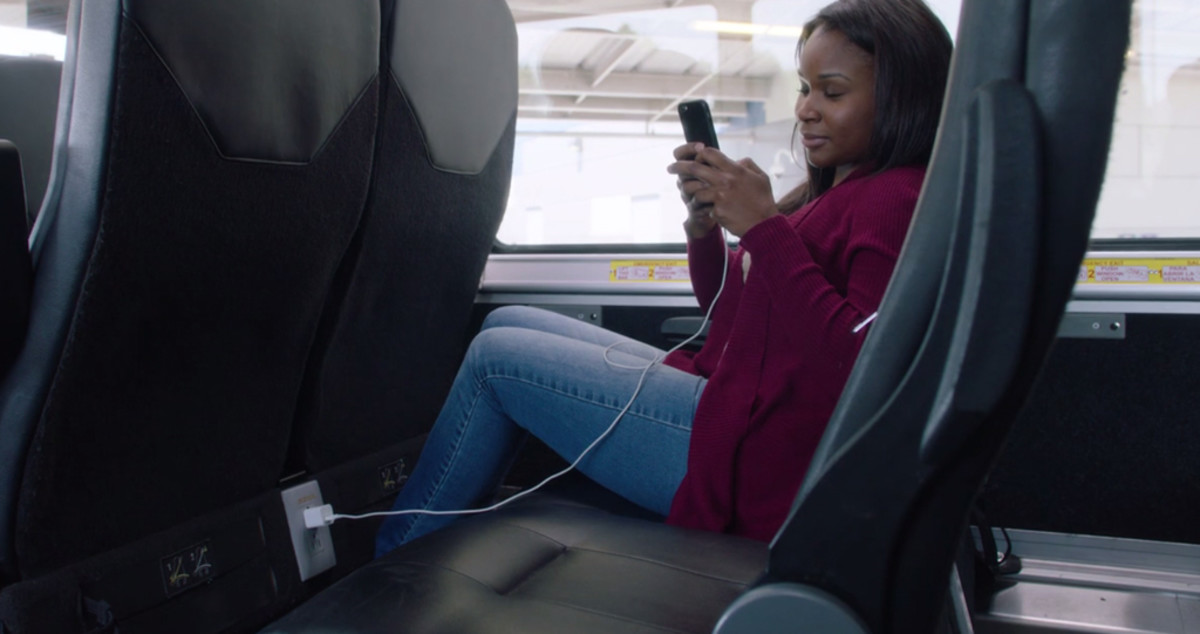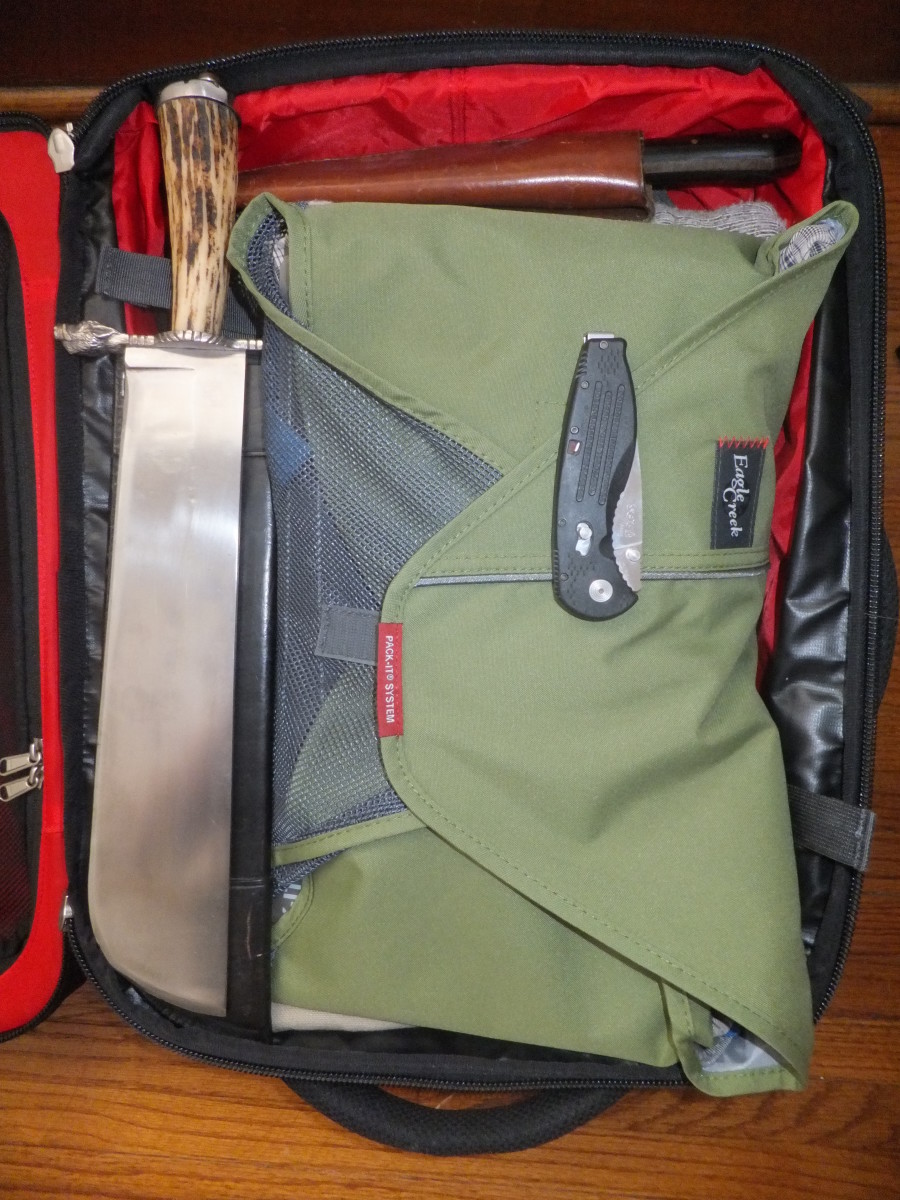3 Ways to Support a Local Economy While You Travel
What are three ways you can make an effort to give back to the local economy when you travel?
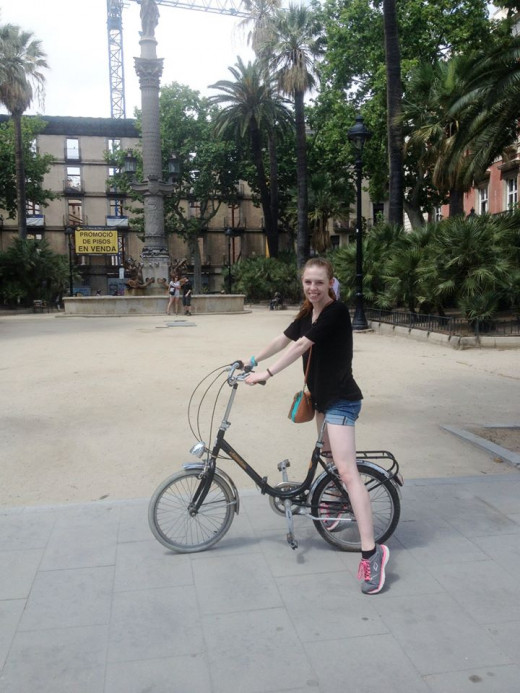
What is Eco-Tourism and Why Does it Matter?
What kind of tourist do you want to be?
Tourism is a big business and a lot of corporations try to stake their claim around the world. They put up big hotels, sell cheap souvenirs, and open their restaurants worldwide, At first glance this seems like a good thing. Wherever you go there will be options. Unfortunately this money isn’t getting plugged into the local economy and it isn’t supporting the locals. Instead this money is just benefitting big businesses far away.
Responsible tourism is making a dedicated effort to give back to the local economy while you travel. It’s attempting to get to know the local culture, not the Americanized version of it. Many communities rely on tourism for a big chunk of their income, and you can support these people in three easy steps.
You want to maximize the positive impact you have on a place and minimize the negative.
1) Rent an apartment from locals or AirBnB
Finding a place to stay while you travel is important because you want to stay somewhere safe, clean, and affordable. But you should also think about about where your dollars are going. Are they going to a big international corporation? Or are they going into the local economy?
Hotels are everywhere. Most of the well-known and familiar ones are owned by big corporations and many of them pay their local employees pennies on the dollar. If you want to support the local economy you should do some research. Instead of staying at a Marriott or some chain hotel consider staying renting an apartment or room from locals. Or look into locally owned hostels. Community-run housing is a great (and easy) way to support the local economy. These kinds of housing are often just as safe as (and sometimes even cheaper than) nice hotels.

2) Buy food from farmers markets and local or family owned restaurants
This is the easiest way to support the local economy while you’re abroad. Eat good food. Food is a significant part of culture and if you’re eating at McDonalds while you’re in a foreign country you’re missing out on that. If you’re not experiencing the culture, your whole travel experience is simply that much more shallow.
So eat what the locals eat. Try new things. Buy food off the streets and eat at family owned restaurants. If you recognize the restaurant name as one you’ve seen at home, skip it. Eating local is delicious, more fun, and more responsible. You want the money you’re spending on food to stay in the local economy.
Ask for tips on where to eat at your hostel/hotel/homestay. They’re likely to know where you can find good local food. Their recommendations are worth a lot more than the ones you’ll find online. You can also do research online beforehand. But keep in mind that reviews are often paid for. So the internet isn’t always the most reliable source. Another strategy is simply following the crowds. Look for the restaurants where to locals gather. If you see long lines at a specific food cart on the street or a local restaurant has a long wait list, they’re probably worth your time.
Local food is:
- Better for you
- Better for the environment
- Better for the local community
3) Purchase souvenirs from local artists and locally owned-shops
I cannot stress this point enough. If you want to take something home with you as evidence of your stay look for something that is hand-crafted or locally made. Those $5 figurines are usually made in China and owned by companies far away. That money goes through that shop and directly back to the corporation abroad.
Imported goods aren’t doing much to support the locals. Instead look towards the locally-owned shops. Buy from the artists on the street or local galleries. Tourist shops sell cheaper, less-attractive, and imported versions of the same goods you’ll find from local artisans. The lower price might make these goods attractive, but purchasing them is hurting more than helping.
When you travel it’s important to support the locals. That’s what responsible tourism is all about. Don’t support big businesses that move in and send the profits abroad. Support the local economy and leave behind a more positive footprint.
